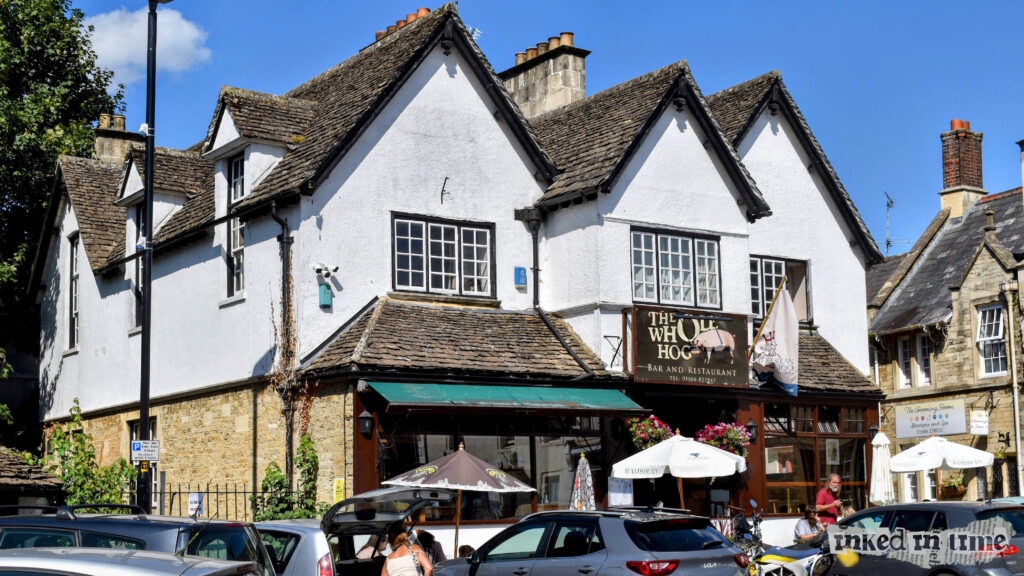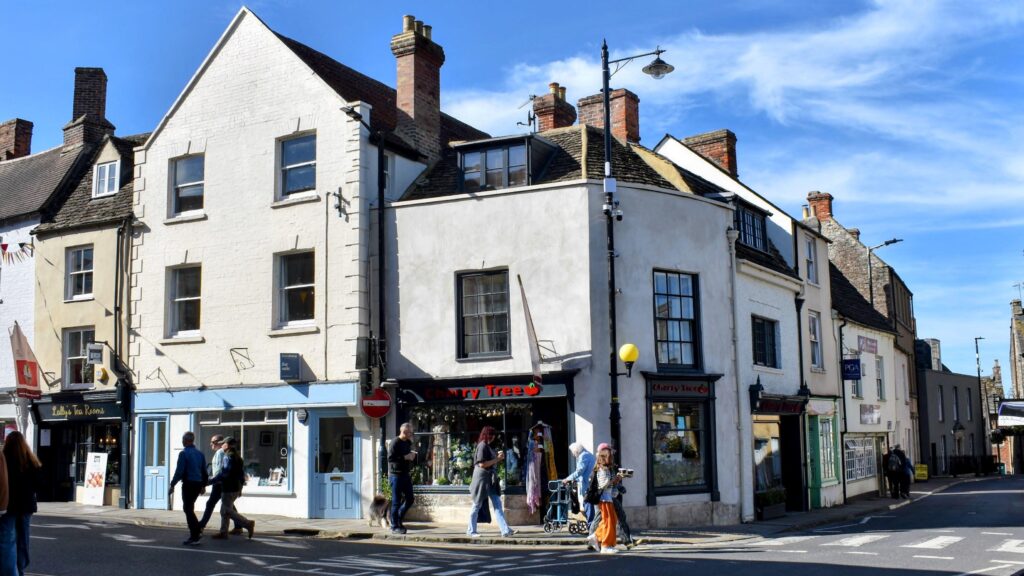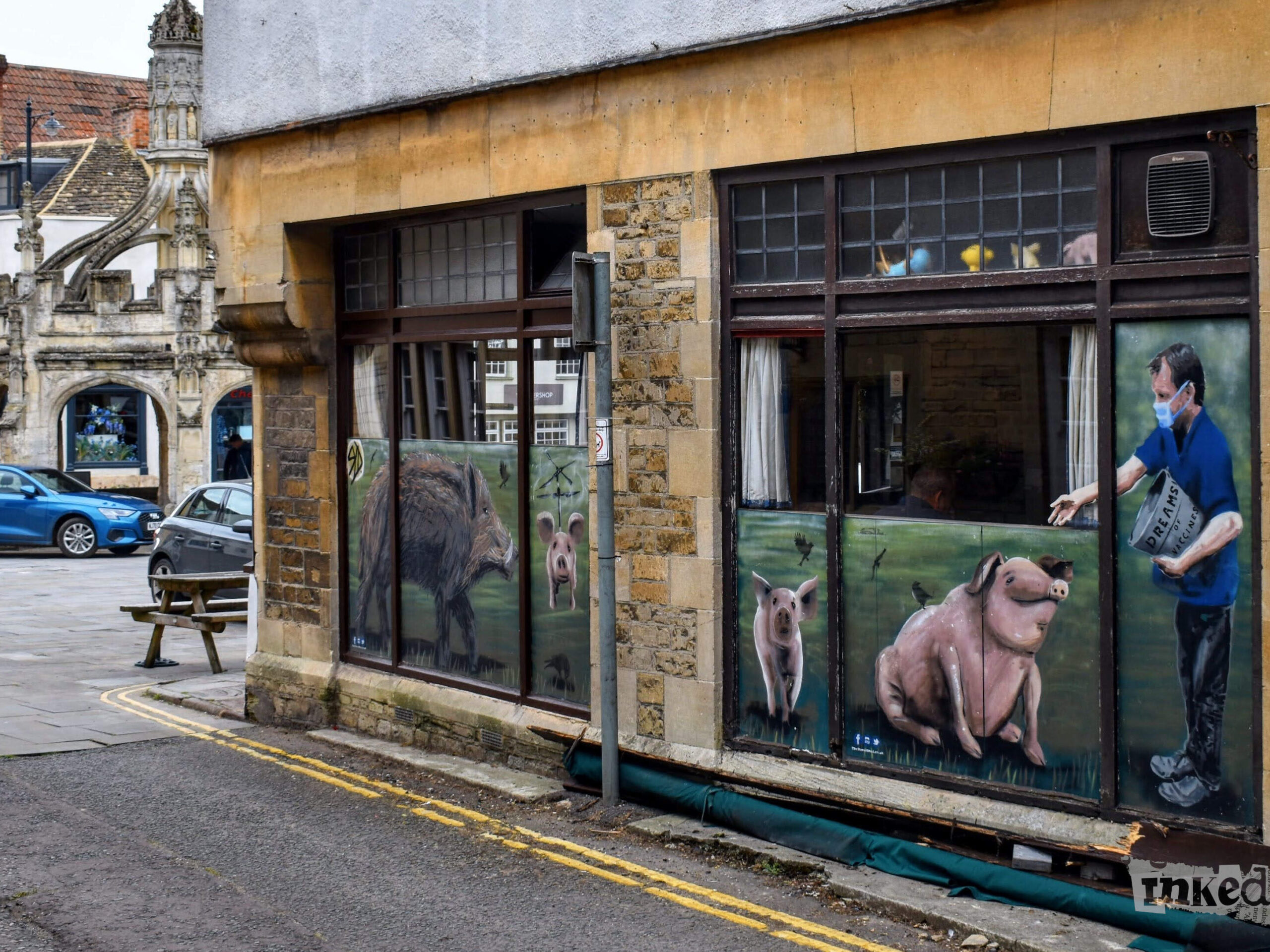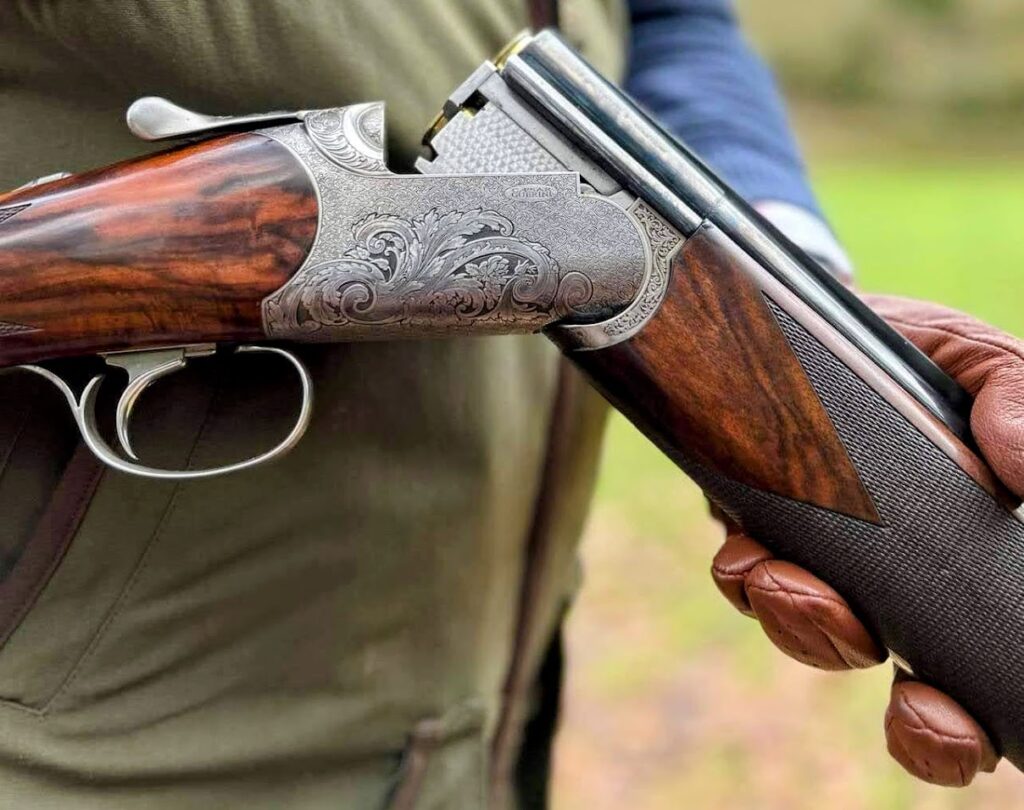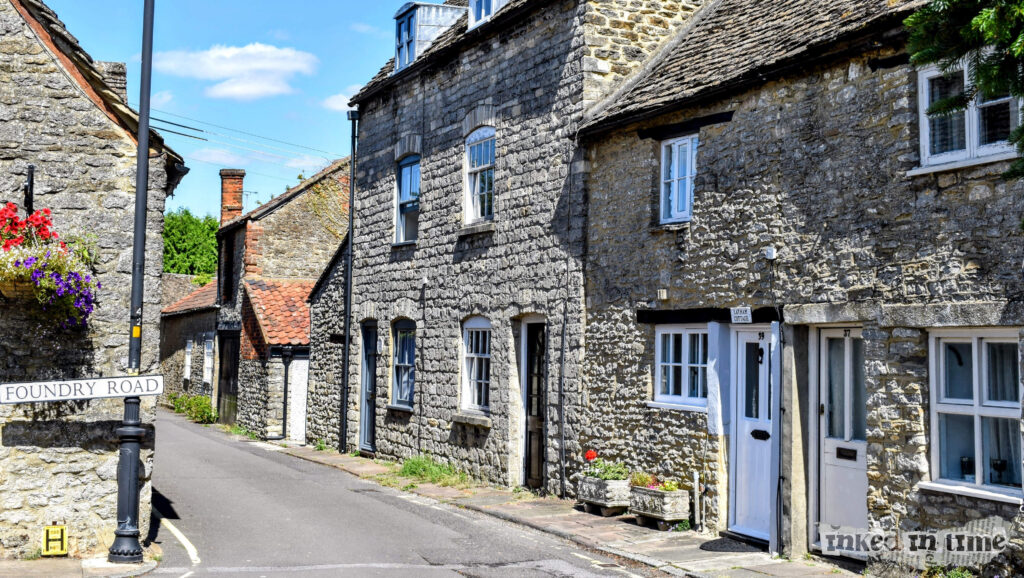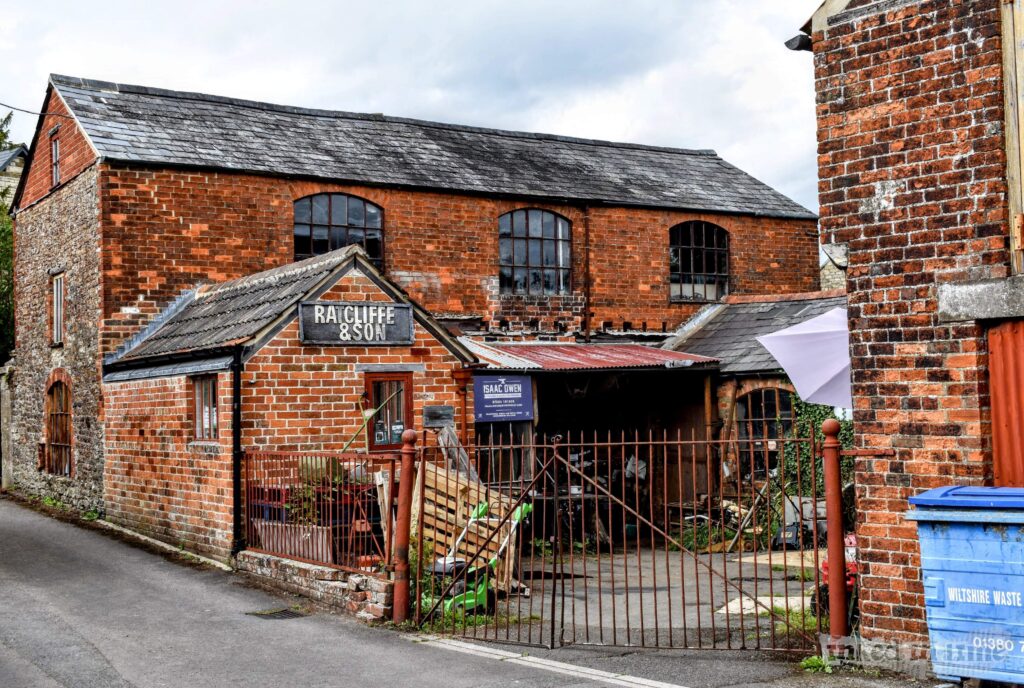25 June 1898 – Arthur and Ellen Cousins
We’ve used Artificial Intelligence to amplify whispers of the past into incredibly life-like voices. We think it’s the most interesting way to explore the articles on this site. Play the video to listen.
Read the article
From the Devizes and Wiltshire Advertiser on Thursday the 25th of June 1898.
A tragic occurrence, resulting in the death of husband and wife, took place at Flisteridge Cottages, on the Eastcourt Estate, about five miles from Malmesbury, in the early hours of Tuesday morning.
In one of the two cottages resided Arthur Cousins, a gamekeeper to Mr. Richard Charteres of Eastcourt House, aged 56, and his wife Ellen Cousins, aged 49. The family are grown up, and only one daughter, Annie, was staying at home. Her age is about 21.
At a quarter to six o’clock, the daughter heard groaning in the bedroom adjoining hers, and went to see what was the matter. She was told by her mother to get up and get some tea, as her father was very ill. She got up, and when she went back again found both ill. She ran to call Mrs. Cooper, a neighbour, and when she returned she found them dead. Her father had previously made a communication to her. The police and the coroner were communicated with, and on Wednesday afternoon an inquest was held before Deputy-Coroner Parnes. Mr. William Eslip was appointed foreman of the jury.
She suffered from weakness of the nerves and sickness, and seemed very much depressed on Saturday night and said “she would finish father and me.” I told her it was wrong to say such things.
Annie Cousins, daughter of the deceased, said her parents had been married about 22 years, and she had been at home since December last. Her parents lived very happily together until about three weeks ago. Since then her mother had been very strange. She had been attended at intervals by Dr. Kinneir Evans of Malmesbury. She suffered from weakness of the nerves and sickness, and seemed very much depressed on Saturday night and said “she would finish father and me.” I told her it was wrong to say such things. There had been no quarrel between her father and her, and he never answered her. She appeared very much better on Sunday, and with her husband walked across the field.
At quarter to six on Tuesday morning witness heard her father groaning in his bedroom, as if in great pain. She went into the room and saw him. He was in bed. He said he was in great pain. He had missed my mother from the bed about 4 o’clock, and got up and looked for her, but could not find her. She was in the yard, and came in. After he had come back upstairs he did not then say he had taken anything. Her mother was in her nightdress, and told her (witness) to get up and dress herself and make a fire. She stood here from 10 to 15 minutes, and then went downstairs. In about five minutes her father called her up. Her mother was then very ill. When her mother was in her second attack of convulsions her father was taken ill again. He then told her “Mother had done it. She had poisoned him by giving him a pill which he took for a “Whelpton’s”. They never spoke again.
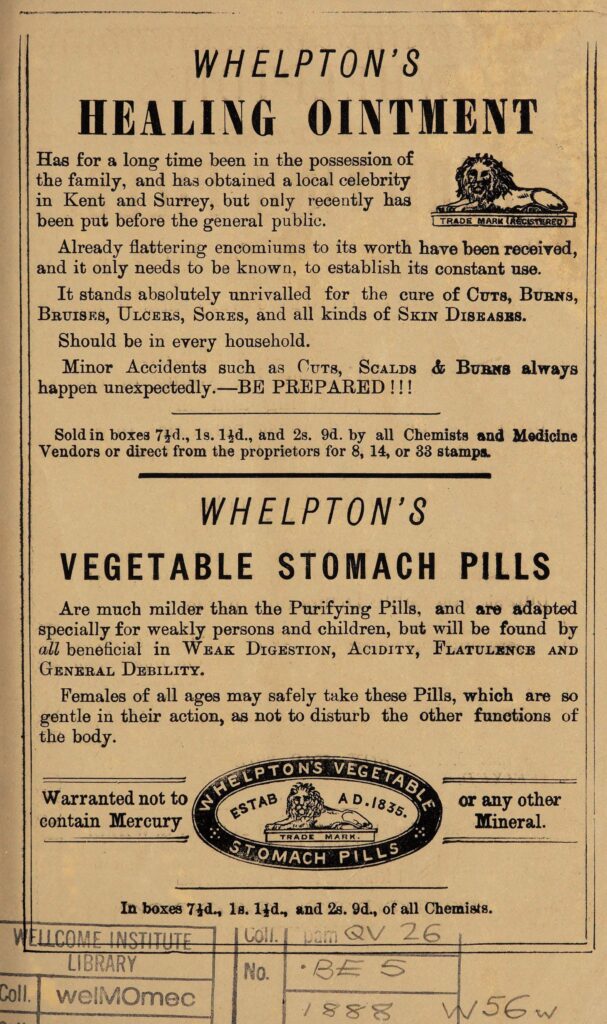
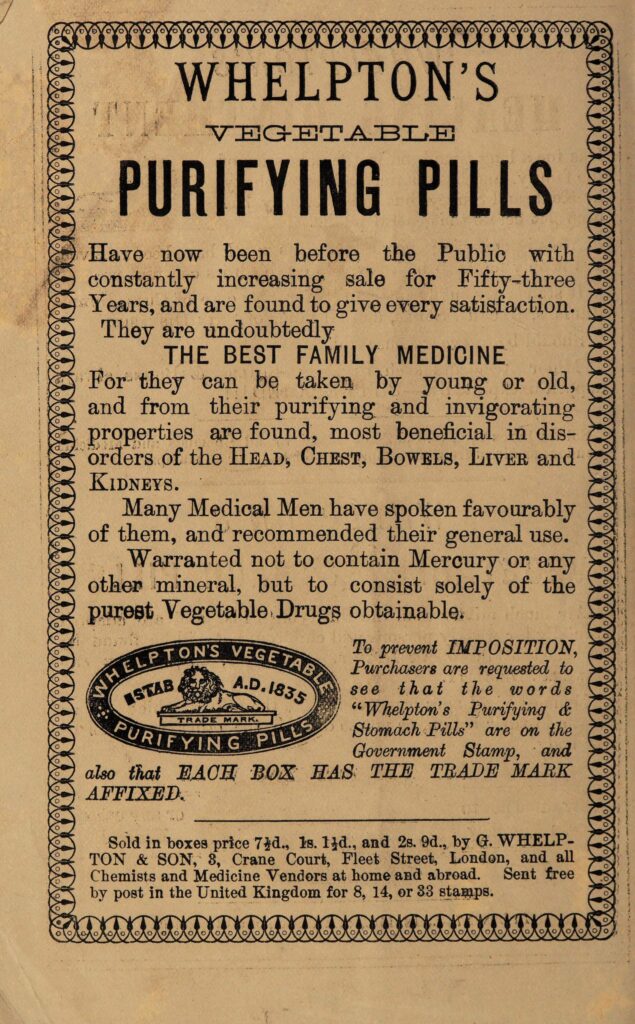
There was no one else in the house. Witness asked Mrs. Cooper, the next-door neighbour, to come in, but she could not; but a man named Job Lester came at half-past seven. She did not find anything unusual about the room. She knew now that there was strychnine in the house, but she had previously forgotten it. It was sent to her father last February or March. She did not know where it was kept, as her mother took charge of it. She did not know what her father wanted it for, but she believed it was for vermin killing. She told her father, after her mother threatened them, not to take anything her mother offered, as she thought she meant mischief. She (witness) prepared all the meals, as her mother was an invalid.
By the Foreman: I did not see or hear anything the night previous. Father was in the habit of taking pills once a week for indigestion. Mother and he generally took them at the same time. She used to mix them in a bit of jam in a spoon for my father. I noticed the marks of jam and a little white powder in a spoon next morning. Mother had been under a serious operation at St. Bartholomew’s Hospital for a month with an internal tumour, and she had been to Malmesbury Cottage Hospital. Since that time she had been in a very desponding way, saying she was going to die.
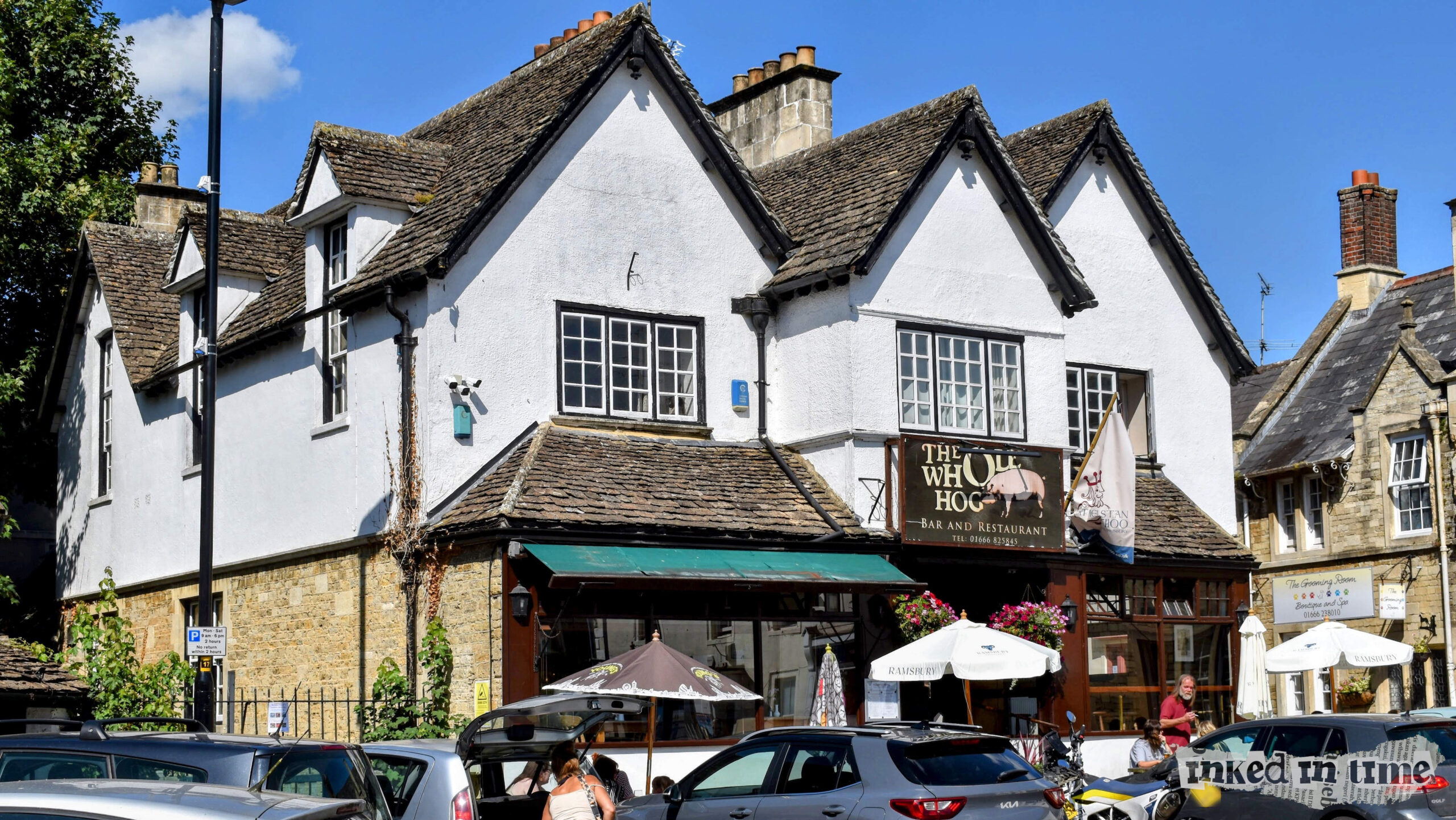
Sarah Kent deposed to living at Eastcourt, one and a half miles from deceased. She was in the habit of visiting and assisting Mrs. Cousins. She was sent for at two o’clock on Tuesday morning. She found both Mr. and Mrs. Cousins dead. She saw a little jug (produced) in the bedroom, by Mrs. Cousins’ side of the bed. There was a little liquid in the bottom. Mrs. Cousins was very strange in her manner when she saw her last alive, three weeks ago. She had been through a deal of suffering and was very low.
Simon Cooper, a next door neighbour, stated that he heard moaning proceed from the bedroom of the house adjoining. He came down and lit a fire. Miss Cousins came and said her father and mother were very ill. Could he come and assist? He told her he would do anything to help her, but he didn’t go in. He was not asked. He went to Eastcourt and fetched Mrs. Kent, and took telegrams to Oaksey for the doctor and Mrs. Porter. He saw both the deceased out on Saturday, and they seemed as usual. Examined by a Juror: I have not noticed anything peculiar about Mrs. Cousins during the last two or three weeks.
Gus Cousins (20), son of the deceased, said he left home in January last, and it was he who sent the strychnine in March last from his uncle, Thomas Burgen, Elder Lodge, Cloud Woods, Osgathorpe, Loughborough, who was a gamekeeper. He heard him talk about strychnine, and knew his father had none, so he wrote to his father asking if he would like some. He wrote back to say he should if his uncle had any to spare. His uncle packed up the little bottle in the box produced, and he addressed it to his father. He did not know if it was labelled “poison” or not. (The bottle was labelled poison, but there was no chemist’s name on it.) He did not know where the strychnine was procured. It was used by gamekeepers to destroy vermin. In answer to a juror, witness said he had heard that deceased’s employer, Mr. R. Charteres, would not allow poison to be used on the estate.
The ounce bottle produced was labelled poison, and contained enough strychnine to kill 1,000 men.
Dr. William George Evans said that on Tuesday, the 21st of this month, he received a telegram and came and saw the bodies of the deceased persons. They were both in bed. From the appearance of the bodies, in which there was undue stiffness and rigidity, he could then say the cause of death. There were no marks of violence, and nothing in appearance to cause death. He had known and attended to Cousins at intervals for about two years. She suffered from an internal complaint and was operated on at St. Bartholomew’s. The operation was not dangerous and it cured the complaint, but she would never have it that she was cured. She was a woman who was very much depressed, and suffered from melancholia. He did not think she was of unsound mind, but her mental balance would be easily upset. He saw her last about three weeks ago, and she then said that something was going to happen. He arrived at the house on Tuesday morning, 10.30, and from what the daughter told him of the nature of the convulsions he at once concluded they had died from poison. The witness Kent found the jug with some liquid and powder adhering to the sides. He tasted it and found it was strychnine, which can always be told by its exceedingly bitter taste. He took the jug home and tested it and found it contained strychnine. The jug was at Mrs. Cousins’ side of the bed, and within easy reach of her hand. He was shown no spoon or jam. Subsequently a box containing a bottle of strychnine was found. The cork had evidently been taken out in a hurry, and some of the white powder was shaken about the box. The ounce bottle produced was labelled poison, and contained enough strychnine to kill 1,000 men. The symptoms were spasms and convulsions, but the mind would be quite clear. The undue rigidity showed certain signs of strychnine poisoning. The theory was that the mixture had been made up the night before in the little jug, as by the side of the bed was a bit of linen rag that had evidently been tied over the mouth of the jug.
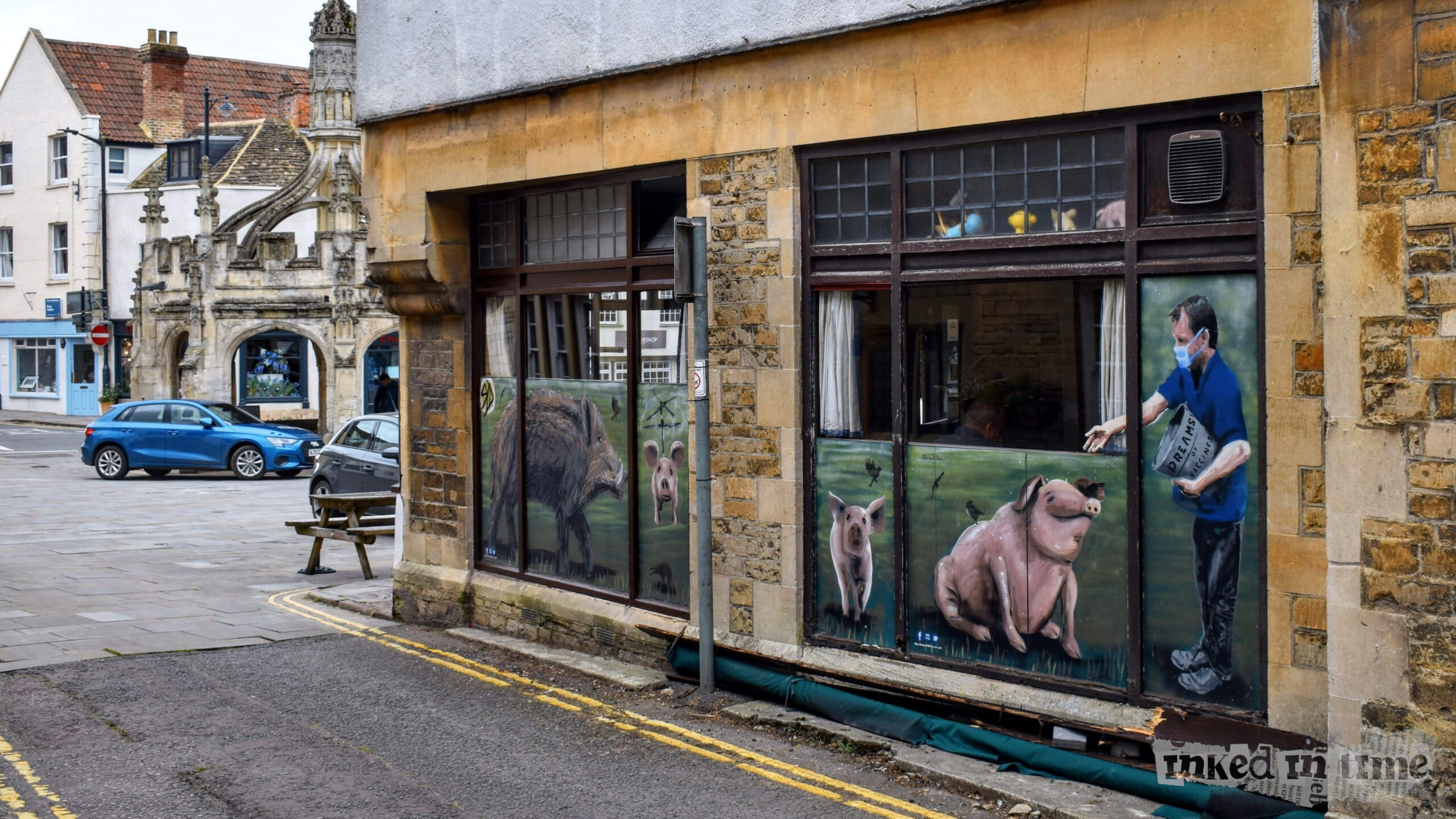
This concluded the evidence, and the Coroner, having called the attention of the jury to the legal aspect of the case and the main facts, the jury, after some consultation, were unanimous in their verdict – “That Arthur Cousins died by strychnine poison administered by his wife, Ellen Cousins, and also that the said Ellen Cousins died by poison self-administered”.
Dr. Evans asked if there was any means of ascertaining how the strychnine was obtained. The coroner replied that was a matter for the police. He thought the jury might add a rider to their verdict stating their sense of the serious consequences of persons being able to procure strychnine in such large quantities. The jury unanimously agreed to make a rider to this effect.
The Coroner added that this offence was very serious one under the Pharmacy Act, which required that the utmost caution should be taken in the sale of such poisons, that the name and address of every purchaser should be registered, and the purchaser known to the vendor, as well as the name and address of the vendor being attached to each bottle or box. This box had no such particulars, and he hoped every diligence would be used by the police to discover the offender. The jury gave their fees to the Malmesbury Cottage Hospital. Mr. R. B. Charteres was present during the whole of the inquiry, which occupied about two hours.
More from Inked in Time
More from this section
